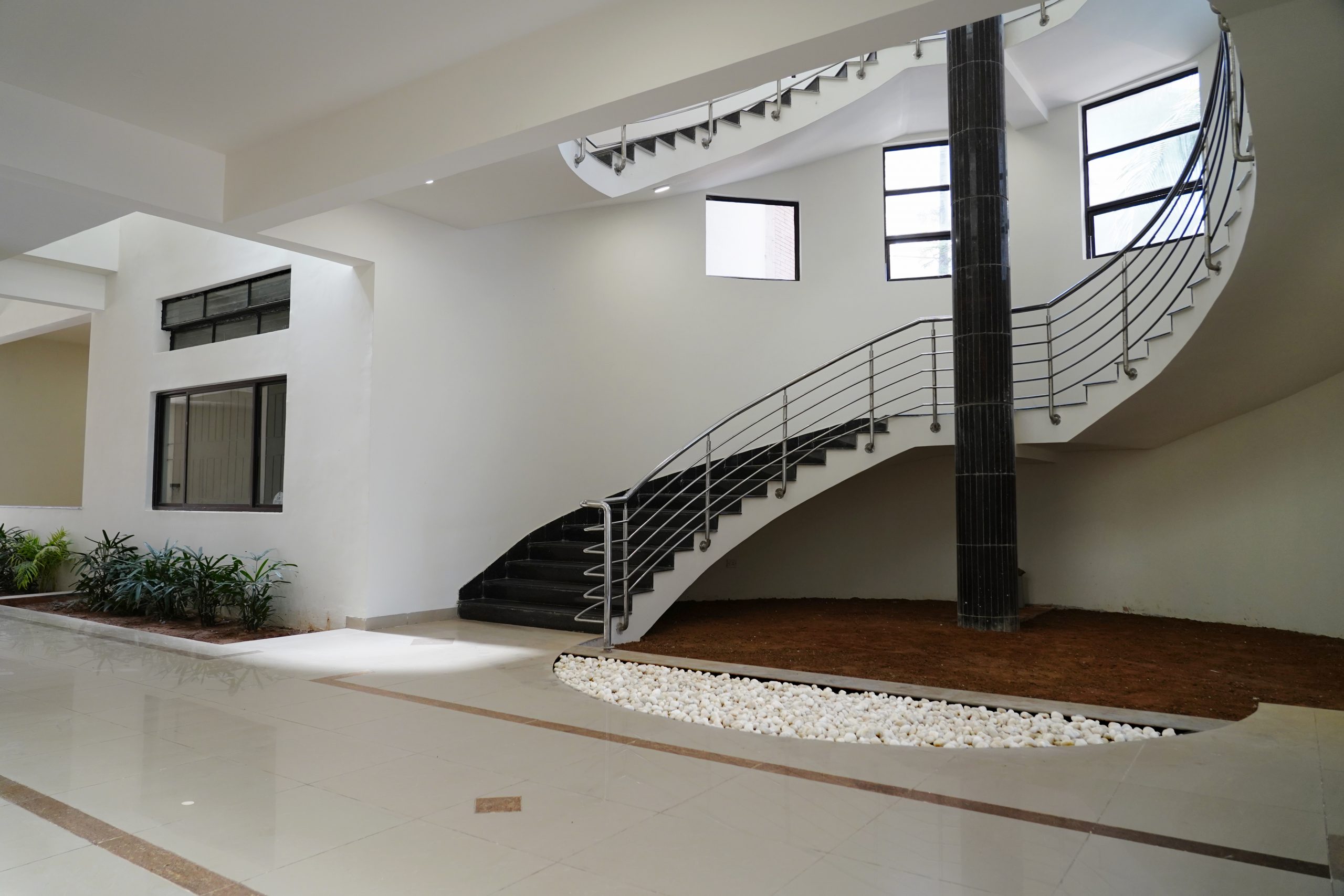TOP 7 FACTORS TO CONSIDER WHEN CHOOSING A UNIVERSITY FOR A B.TECH. DEGREE
Top 7 Factors to Consider When Choosing a University for a B-tech Degree

Undergraduate learning at the right university can transform your future in many ways. However, choosing the right college for a B.Tech. degree may seem daunting as the options are innumerable. From program offerings to location, the many varying factors requisite guided help to ensure you choose a university, which aligns with your goals and aspirations. Seeking out the perfect university for your B.Tech. degree requires careful consideration of several important criteria:
Seeking out the perfect university for your B.Tech. degree requires careful consideration of several important criteria:
As you contemplate different institutions for higher learning, placing emphasis on understanding the quality of the curriculum may prove pivotal. Such scrutiny will allow you to gauge the level of instruction and facilities that will be at your disposal during your studies.
Consider whether you want to attend a large or small university. Each has its own advantages and disadvantages.
Decide if you want to be in a big city or a smaller town. Both options are viable as they have their own unique culture and atmosphere.
Don't jump into making a college choice before taking a close look at what your financial commitments will be. It’s essential to weigh up factors such as tuition costs, and living expenses, which may include lodging and board charges.
PROGRAM QUALITY

Choosing a university for a Bachelor in Technology requires careful deliberation on various fronts. Picking a top-notch program must remain among your most vital considerations. To assess the caliber of a B.Tech. program, one may consider various factors:
The curriculum: A key factor in achieving academic success is ascertaining
that the curriculum is extensive and updated in a manner that resonates with
your educational goals and ambitions.
The faculty: Look at the qualifications of the faculty members teaching in the
program. Are they experienced and knowledgeable in their field?
The facilities: Take a tour of the facilities to ensure they are well-equipped
and meet your needs.
The accreditation: Check that the program is accredited by a reputable
organization.
FACULTY-TO- STUDENT RATIO

Choosing an appropriate university for obtaining your B.Tech. degree mandates
looking into its faculty-to-student ratio meticulously. To benefit from adequate
professorial support throughout the course and research activities at college,
opting for educational institutions with lower numbers is essential.
Such a feature imparts the notion that they maintain high standards. Therefore,
while assessing such universities, both overall and department-specific ratios
should be considered carefully. An institution may have an overall ratio of 1:10
while simultaneously having a departmental ratio of 1:20 – making it less than
ideal for prospective students looking to pursue certain subjects or
specializations in-depth.
It is also worth considering the average class size when evaluating the
faculty-to-student ratio. It's worthy of note that some universities employ big
lecture halls even for beginner-level classes thereby nullifying the correlation
between low faculty-to-student ratios and small class sizes. However, there are
merits to having fewer students per classroom such as opportunities for more
individualized attention from educators and a more interactive learning
environment
LOCATION AND CAMPUS RESOURES

The decision of choosing the right university for your B.Tech. degree is not an
easy one. It is important to meticulously assess and weigh different factors
before arriving at a conclusive decision that takes everything into account.
Location and campus resources are two important factors that should not be
overlooked.
The location of a university can be a major deciding factor for many students
For those who revel in city life with plenty of activities available at every turn -
opt for universities nestled within prime metropolitan areas. But if peaceful
surroundings are more attractive to you - give serious thought to colleges
located within smaller towns or suburbs instead.
In addition to location, campus resources are another important factor to
consider when choosing a university for your B.Tech. degree. Make sure to
research the types of facilities and resources that each university offers its
students. Aspects such as advanced labs, adequately stocked libraries, and
knowledgeable professors greatly affect your academic tenure. Also, don’t
forget to check out the student organizations and extracurricular activities
offered at each university. These can also play a big role in your college
experience and future career development.
COST AND FINANCIAL AID OPTIONS

The fourth factor to consider when choosing a university for your B.Tech.
degree is cost and financial aid options. In selecting a school that will best
contribute to your future endeavors it would be prudent to research the
associated fees such as tuition cost, and housing meal plan charges amongst
others since it varies from one institution to another.
If you have any questions about financing your education, the financial aid
office at each school you’re considering can be a valuable resource. Opting
to acquire guidance from proficient individuals can prove advantageous by
providing clarity in regard to the diverse aid options obtainable
LEARNING ENVIRONMENT

A key aspect to consider when selecting a university for your B.Tech. program is the
learning environment provided by each institution. The environment can have a big
impact on your academic experience and success. Here are some things to keep in
mind when evaluating the learning environment of a potential university:
Class Size: How big are the classes at the university? Will you be able to get the
individualized attention you need?
Faculty: What is the ratio of faculty to students? Are the faculty members
accessible and supportive?
Resources: Does the university have adequate resources, such as labs, libraries,
and technology?
Location: Is the university located in a city or town that suits your lifestyle?
Do you feel safe and comfortable on campus?
EXTRACURRICULAR ACTIVITIES

Extracurricular activities are a vital part of the undergraduate college
experience. Engagement in these pursuits allows students to cultivate a
range of proficiencies, build social networks and pursue hobbies or interests
that fall outside the ambit of formal education
One benefit of extracurricular participation is gaining leadership
experience. Joining clubs or organizations allows students to hold
positions such as president or treasurer, which builds skills such as
communication and decision-making that will be valuable in future
careers.
Another advantage is networking. By attending events and meetings
within a specific club or organization, students have the opportunity to
meet people who share similar interests or career aspirations. These
connections could lead to internships, job offers, or recommendation
letters.
Finally, participating in extracurricular activities can enhance mental
health by providing an outlet for stress relief and promoting social
interaction with peers who share similar passions.
Deciding on the most suitable university to pursue your B.Tech. degree
requires careful consideration. Rest assured that evaluating these seven
indispensable factors will give you the clarity needed to make an astute
choice and set yourself up for success in the long run.
Choosing an economics honors college can be a daunting task. However, if you keep the five key factors in mind: reputation, faculty credentials, research opportunities, course offerings, and student services - you should have little trouble finding the right college for your undergraduate program.
Top 7 factors to consider when choosing a university for a b-tech Degree







